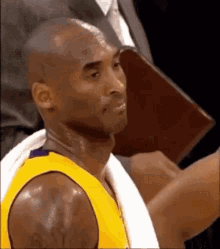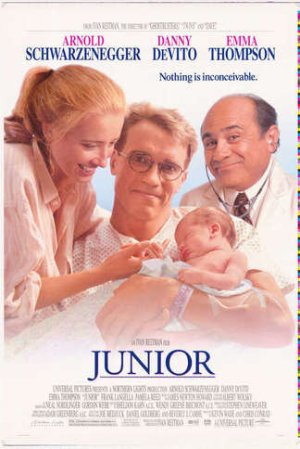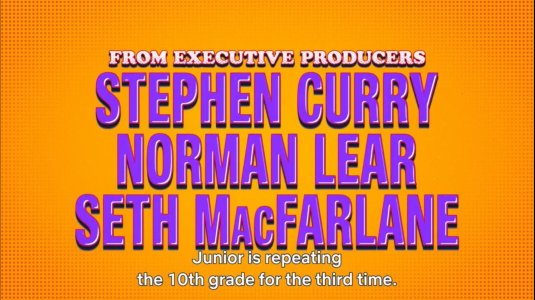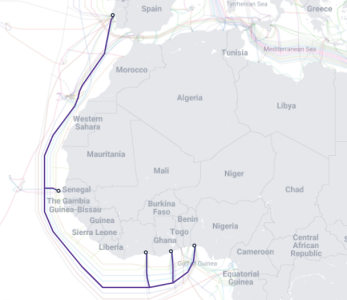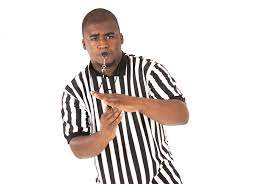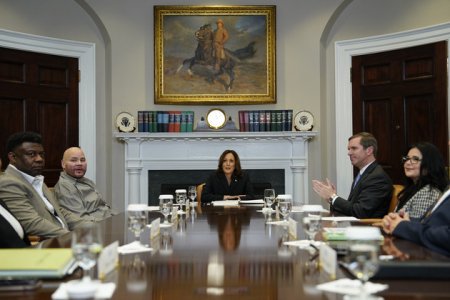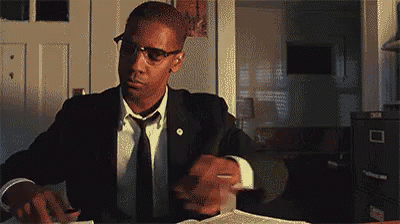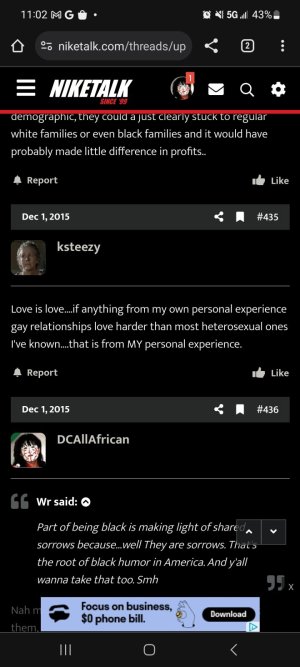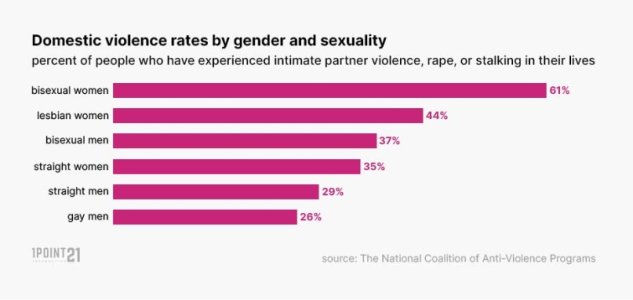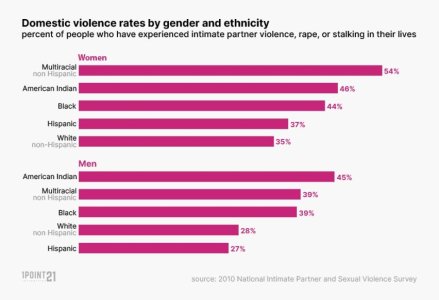- 14,971
- 4,226
- Joined
- May 26, 2003
What steps would you take in the beginning Lucky? I'm not asking in a condescending way either, I'm asking to keep this dialogue going.
We should be building private k-12 schools among other forms of infrastructure. We are by passing 18 yrs of black peoples lives hoping they wake up when they get to college and take on debt to learn fundamental knowledge that should have been installed in elementary and middle school. With that logic every black person is literally starting 18-20 yrs behind on top of the handicap nlacks globally have due to the events of history associated with slavery in the west and colonization in the east.

















